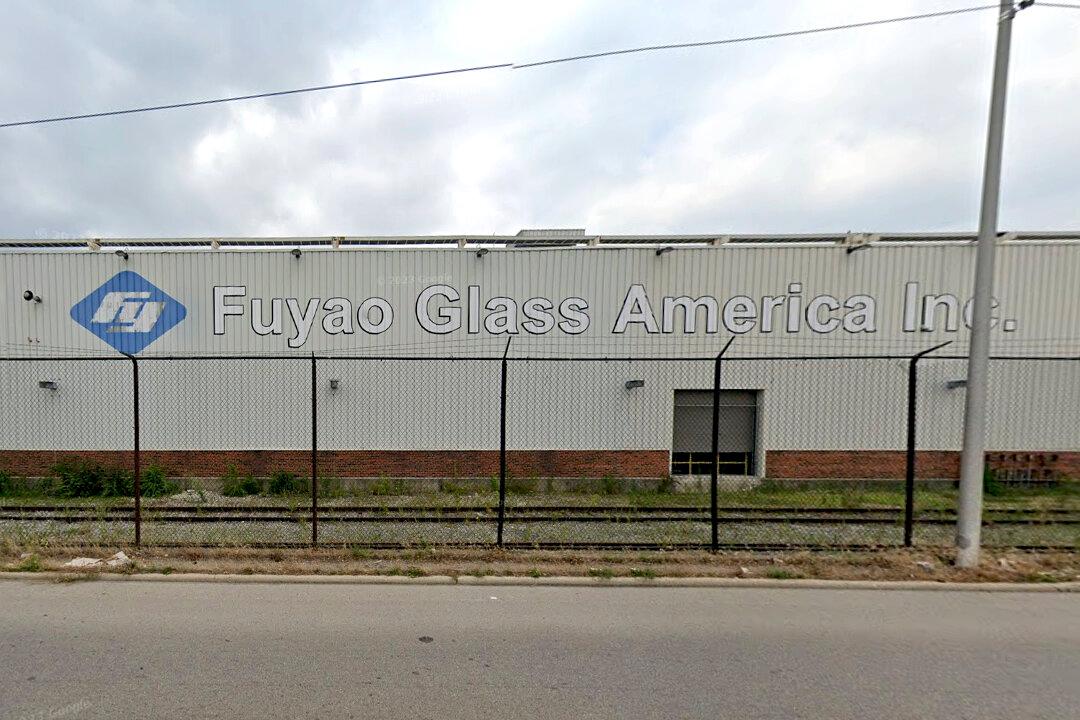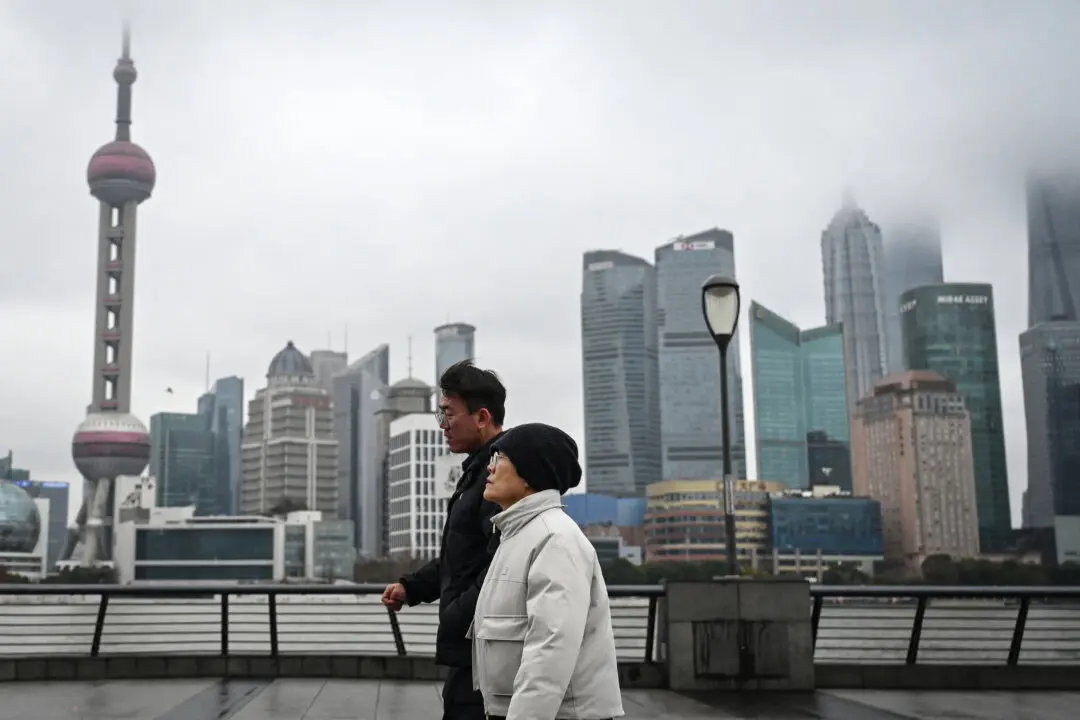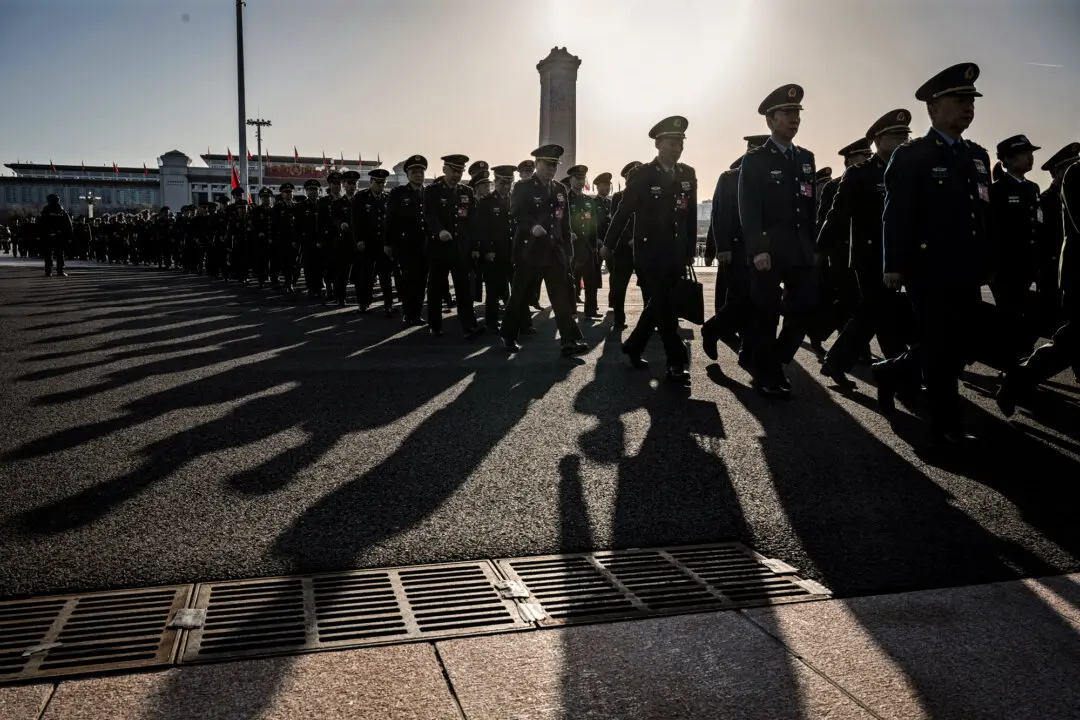The U.S. Homeland Security and other agencies raided the world’s biggest auto glass maker—China’s Fuyao glass factory in Ohio on July 26.
Hundreds of special agents from Homeland Security, Internal Revenue Service Criminal Investigations Division, and the Federal Bureau of Investigations searched the Fuyao factory in Moraine and 27 other locations in the Dayton area in Ohio.




